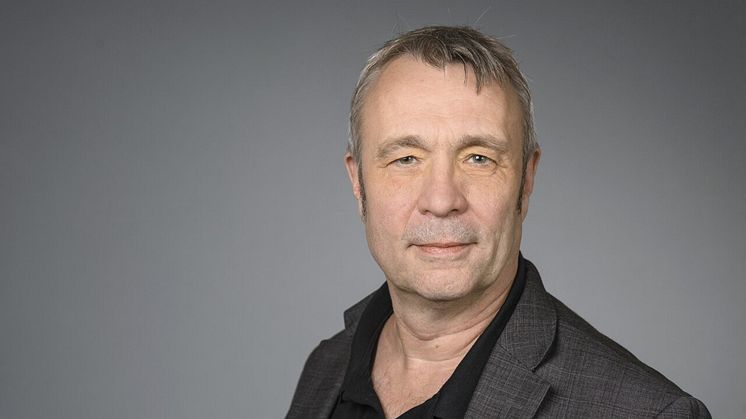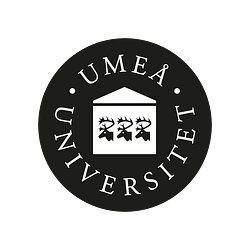
Press release -
Umeå University professor aims to contribute to EU’s Arctic policy
The European Union's interest in the Arctic and Arctic politics has grown stronger in recent years.
A common Arctic policy was adopted by the European Parliament in 2017. In September 2018, the first EU Arctic Forum was held in Brussels. For this year's edition of the EU Arctic Forum, the European Commission has chosen to meet in Umeå, which belongs to the EU's Arctic region from the geopolitical perspective.
“It is noteworthy that the EU is actually leaving Brussels for the first time to set up this event, says Peter Sköld, professor and director of the Arctic Research Centre (Arcum) in Umeå. “Choosing Umeå in northern Sweden means that we have found our place on the Arctic map.”
Natural resources and high politics in focus
For many years, Peter Sköld has followed how Arctic issues have increased in importance and interest in international politics.
“The EU obviously has its special interests in the Arctic,” says Peter Sköld. “Part of it is about natural resources. But it is also about developing the communications, the technical solutions. Additionally, to be able to take advantage of the European Arctic in the major political context.”
“It should also be remembered that it is actually Sweden and Finland that are the EU's Arctic countries,” continues Peter Sköld.
He believes that this development gives the EU's northernmost member states a good hand in order to step forward and play a more prominent role.
Researchers to take a seat in the political arena
For Peter Sköld and his research colleagues at Arcum, the EU meeting in Umeå is an opportunity to share knowledge with political decision makers.
“It has been seven years since we established our Arctic research centre,” he says. “Our idea and our hope was that we would become an important player in the academic arena, but also in the larger arena that includes politicians and other decision-makers. Especially when we can now welcome this event to Umeå University.”
Forum primarily an opportunity for discussion
The hosts of the EU Arctic Forum are EU High Representative and European Commission Vice-President Federica Mogherini, EU Commissioner Karmenu Vella and Sweden's newly appointed Foreign Minister Ann Linde.
Based on his experiences of similar meetings at a high international level, Peter Sköld has a rather clear picture of what the Arctic Forum in Umeå can lead to.
“There are highly regarded people who are coming here to Umeå,” explains Peter Sköld. “When they appear, you should probably not expect them to deliver long-running promises or news that you have not been familiar with before. But it will be an incredibly interesting discussion. We will hear how the EU approaches Arctic issues.”
His hope is that the EU will clearly indicate that the Arctic is of increasing political importance. And that policy makers need to value the knowledge and contributions that researchers and universities can contribute.
Invited to participate in the main programme
Since 2018, Peter Sköld has been Chair of the Board of Governors at the University of The Arctic (UArctic), which brings together 200 universities, institutes and other organisations. In recent years, he has devoted more and more time to representing and bringing forward academic perspectives in international political contexts. At the EU Arctic Forum in Umeå, Peter Sköld will be participating in a panel discussion titled "Connecting the Arctic".
“The other participants will probably spend time on matters such as on how to dig cables through the oceans and communicating via satellite systems and many other exciting things,” he says with a smile.
“I will have the opportunity to talk about how we connect people by collaborating in research, by having a strong Arctic Council, and by meeting through exchange programmes and through collaborations in teaching, says Peter Sköld.
About the EU Arctic Forum 3–4 October 2019 in Umeå, Sweden
The EU Arctic Forum will provide an opportunity to assess recent developments in the Arctic and to discuss the challenges ahead. A broad range of Arctic stakeholders representing governments, international organisations, civil society, industry, research, indigenous and local communities will feed into the discussion.
Related links
Topics
Categories
Umeå University is one of Sweden's largest institutions of higher learning with over 32,000 students and 4,200 employees. We have a well-established international research profile and a broad range of study options. Our campus constitutes an inspiring environment that encourages interdisciplinary meetings - between students, researchers, teachers and external stakeholders. Through collaboration with other members of society, we contribute to the development and strengthen the quality of our research and education.

